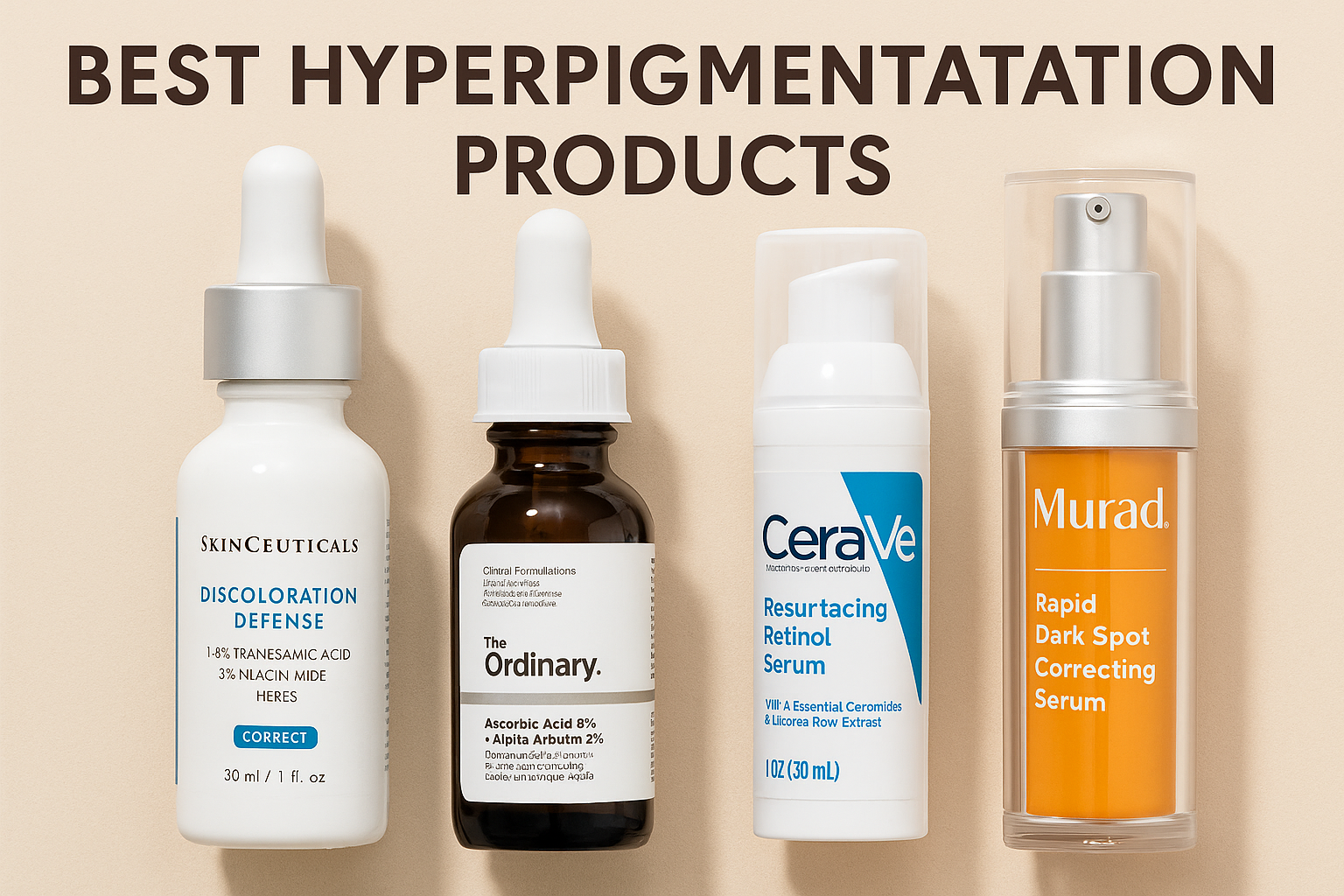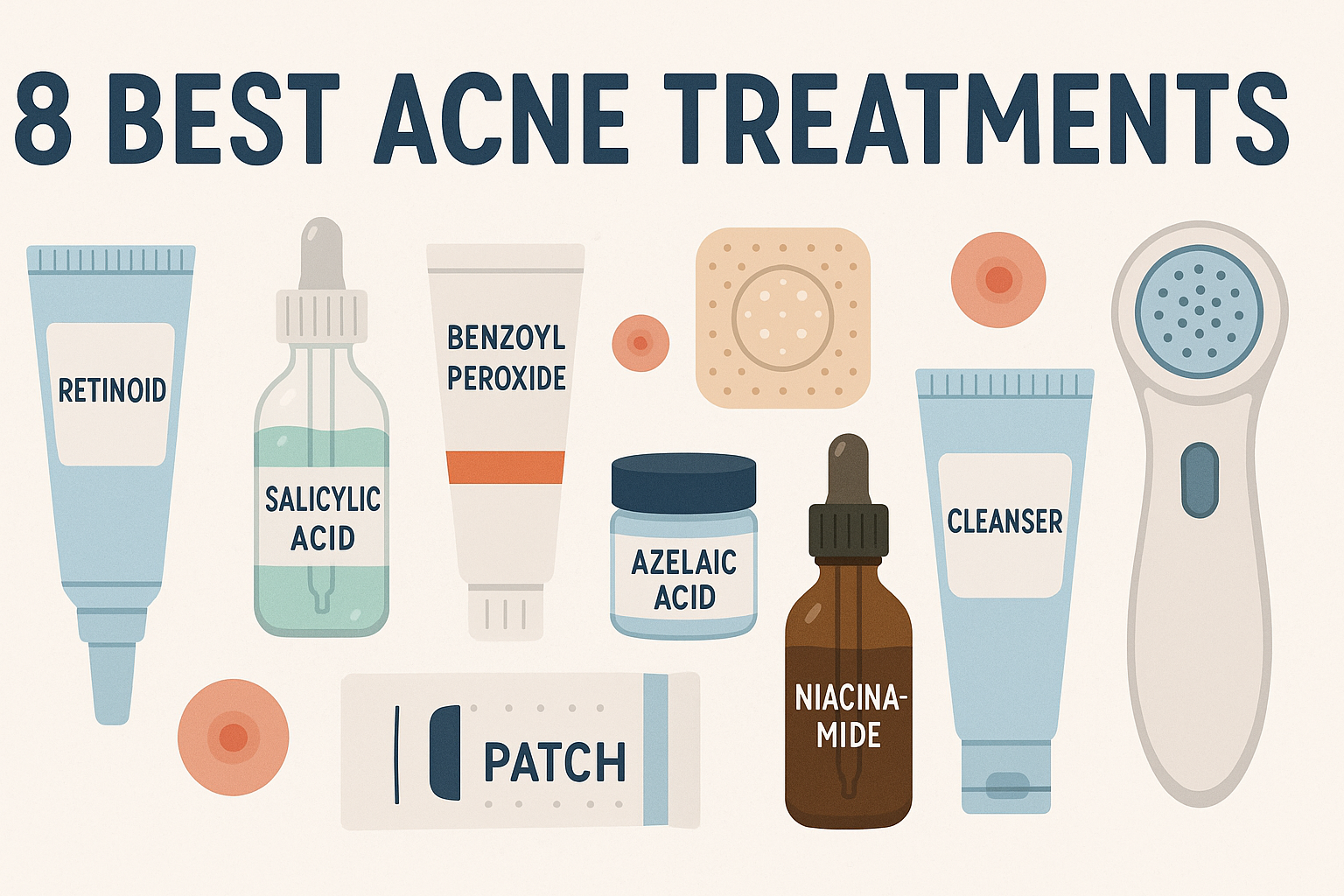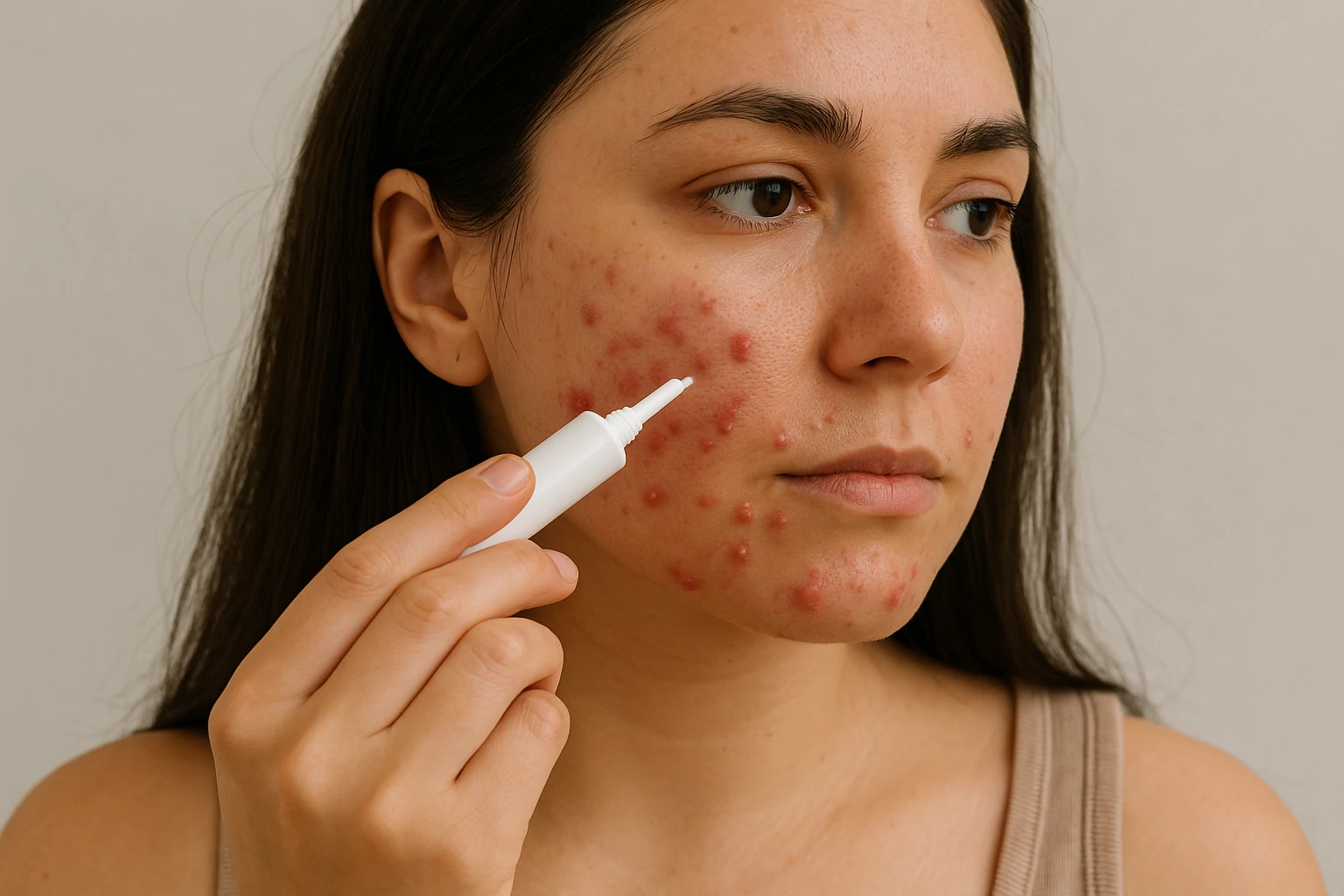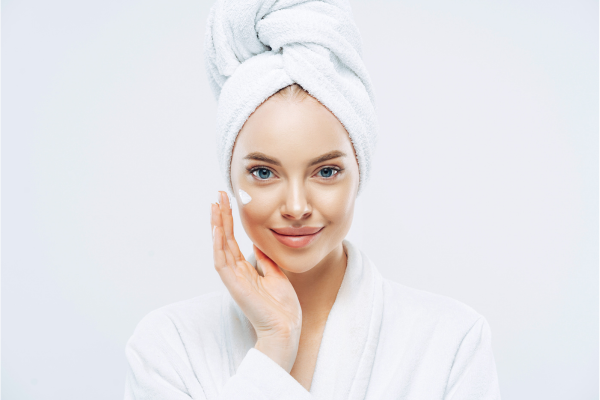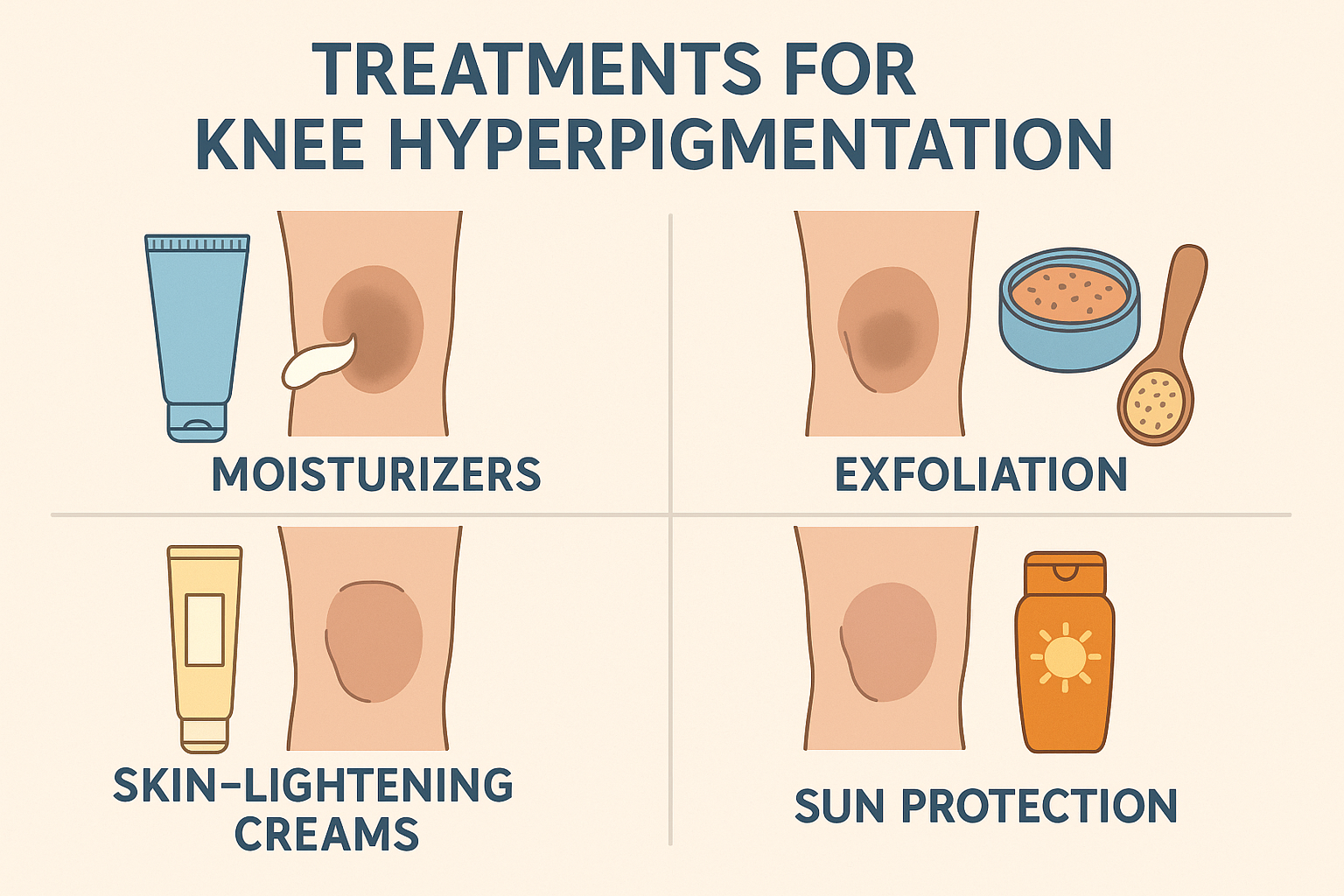Why Is My Skin So Oily? Top 6 Causes Explained by Dermatologists
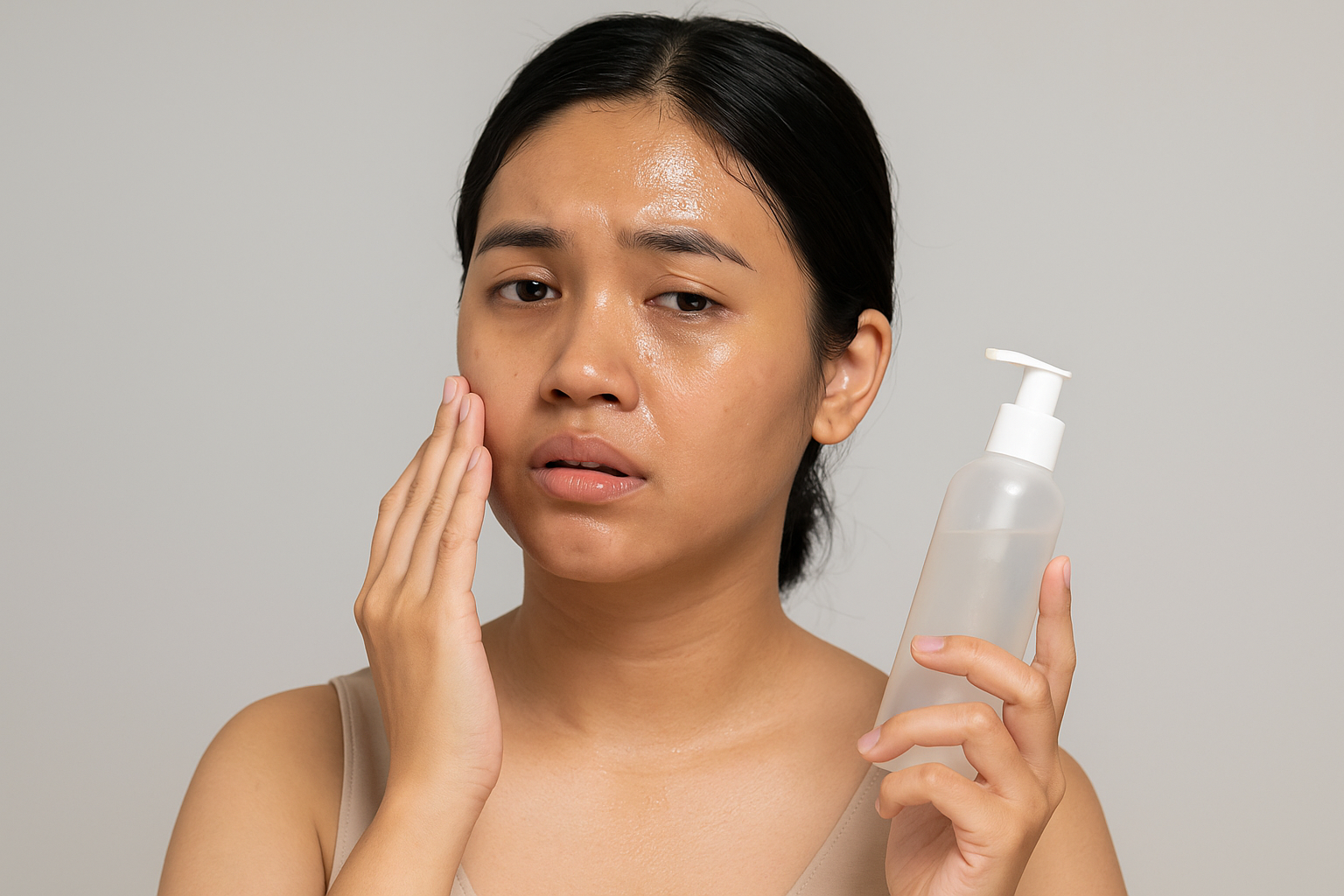
Why is my skin so oily? This question might often come to mind when you look in the mirror and notice your face looks shiny—even just a few hours after washing it. Just like your eye shape or hair texture, your skin type is often influenced by genetics. If your parents have oily skin, there’s a good chance you’ve inherited it too.
However, sudden changes can still happen. You might wake up one day and find your face looks oilier than usual—or your already oily skin feels even greasier and more uncomfortable.
If you’ve started noticing a sudden increase in oil production, you might be wondering, “Why is my skin so oily all of a sudden?” This change can be caused by many factors, both internal and external.
To learn more, we spoke with experts in beauty and skincare, including renowned plastic surgeon Dr. Jaimie DeRosa, and experienced dermatologists Dr. Vladyslava Doktor and Dr. Dendy Engelman.
They shared helpful insights into the common causes of oily skin and effective ways to manage it. Hormonal changes, weather shifts, and even the wrong skincare products can all affect your skin’s condition.
Read on to understand what might be behind your skin issues—and discover the right solutions to help your face feel balanced and refreshed again.
Is Oily Skin Genetic? What You Need to Know
If you’re wondering “Why is my skin so oily?”, the answer might lie in your genetics. According to Dr. Dendy Engelman, the tendency to have oily skin can be passed down directly from your parents. “If one or both of your parents have oily skin, there’s a strong chance you’ll have the same skin type,” she explains. Dr. Jaimie DeRosa adds that even having just one parent with oily skin can be enough to affect your skin’s natural oil balance.
Unfortunately, if genetics are the main reason behind your oily skin, it can be challenging—because it’s not something you can permanently change. “There’s not much you can do to alter your inherited skin type,” says Dr. DeRosa. In other words, no treatment can truly eliminate the root cause if it’s genetic.
Still, that doesn’t mean you can’t manage it. Dr. Vladyslava Doktor emphasizes that while you can’t change your genetics, the right skincare habits can help control excess oil. Some practical tips include using lightweight, non-comedogenic products, and cleansing your face twice a day. Oil blotting papers can also be a quick fix to reduce shine throughout the day without disturbing your makeup or irritating your skin.
Understanding the root cause of oily skin—especially when it’s genetic—is the first step to managing it wisely.
Are Overactive Sebaceous Glands Causing Your Oily Skin?
Sebaceous glands are an important part of the skin’s defense system. They produce sebum—a natural oil that helps keep the skin moisturized and protected from environmental stressors. However, when these glands become overactive, they produce too much oil, leading to oily skin. “Sebaceous glands are responsible for producing sebum,” explains Dr. Jaimie DeRosa. “If they produce excess sebum, your skin will appear oilier than usual.”
Just like genetic tendencies, overactive sebaceous glands can’t be permanently eliminated. But the good news is that oil production can still be managed with the right care. Dr. Vladyslava Doktor recommends topical retinoids as an effective solution. “Retinoids help regulate oil production and also prevent breakouts, which are common with oily skin,” she says.
For a daily routine, Dr. Dendy Engelman suggests washing your face with an oil-free cleanser and using an alcohol-free toner that contains witch hazel—a natural astringent that helps reduce excess oil. For those looking for a more medical approach, Dr. DeRosa mentions micro-Botox, a treatment where tiny amounts of neurotoxin are injected near the skin’s surface to calm sebaceous gland activity. “This treatment works directly at the gland level to reduce sebum release,” she explains.
With the right understanding and approach, you can effectively manage oily skin—without needing to change your genetic makeup.
How Hormones Affect Oily Skin: What You Need to Know
Hormonal changes in the body can have a major impact on the condition of your skin—especially in how much oil it produces. When hormones become unbalanced—whether due to puberty, the menstrual cycle, pregnancy, menopause, or even stress—your skin can become oilier than usual. “Hormonal fluctuations during these times can trigger increased sebum production,” explains Dr. Vladyslava Doktor. Sebum is the natural oil produced by the sebaceous glands, and when it’s produced in excess, the skin can appear shiny, feel greasy, and become more prone to breakouts.
Doktor recommends that anyone who suspects their oily skin is related to hormonal changes should consult a doctor. This is important to properly identify the cause and receive the right treatment. Dr. Jaimie DeRosa adds that if hormones are the main trigger, one possible medical option is birth control pills. These can help regulate hormones and reduce oil production for some individuals.
For pregnant women, oily skin is usually temporary. Sebum production often decreases after pregnancy ends. Still, it’s important to stick to a safe and suitable skincare routine during pregnancy.
Just as importantly, stress also plays a hormonal role. According to Dr. DeRosa, stress triggers the body to produce cortisol—a hormone that can increase oil gland activity. If you notice your skin gets oilier when you’re stressed, relaxation techniques like meditation, light exercise, or deep breathing may help naturally bring things back into balance.
How the Environment Affects Oily Skin: What You Should Know
The environment we live in has a big impact on our skin condition, including excess oil production. According to Dr. Dendy Engelman, living in a warm and humid climate can make the skin more prone to oiliness. “If you live in a hotter and more humid climate, your skin is likely to be oilier,” she explains.
Dr. Vladyslava Doktor adds that high temperatures and excessive humidity can stimulate the sebaceous glands to produce more sebum. Sebum is the natural oil that protects the skin, but in excess, it can make the skin appear shiny and more prone to acne. To reduce this effect, Dr. Doktor recommends limiting exposure to hot and humid conditions as much as possible and using skincare products that help absorb oil.
In addition, Dr. Jaimie DeRosa suggests staying indoors in air-conditioned spaces when the weather outside is very hot and humid. A cooler and drier environment can help maintain a balanced oil production in the skin. Adopting these simple steps can be an effective strategy to manage oily skin caused by environmental factors, without fully relying on skincare products. Being aware of this environmental influence is key to maintaining healthy skin every day.
How Your Skincare Routine Affects Oily Skin
Many people with oily skin tend to choose drying products in the hope of reducing shine and oil production. However, according to experts, this approach can actually worsen the skin condition. Dr. Vladyslava Doktor explains that harsh skincare products can strip the skin of the natural oils it needs to maintain balance. When this happens, the sebaceous glands respond by producing more sebum, making the skin even oilier.
Dr. Jaimie DeRosa adds that using heavy products or pore-clogging makeup can also make oily skin worse. The oil glands might “think” the skin is dry and, as a reflex, increase oil production. Additionally, inadequate cleansing can contribute to the buildup of oil and dirt that clogs pores.
So, what’s the right solution? Experts recommend using gentle cleansers and moisturizers that are non-comedogenic—meaning they don’t clog pores. Dr. Doktor advises washing your face only twice a day with products specifically formulated for oily skin, without scrubbing the skin too hard. Dr. DeRosa also emphasizes the importance of using oil blotting papers to absorb excess sebum during the day without disrupting the skin’s natural protective layer.
With a gentler and more targeted approach, oily skin can be managed effectively without causing further imbalance.
Your Diet
What you eat can directly impact the condition of your skin, including excess oil production. According to Dr. Jaimie DeRosa, foods high in saturated fats, like fried foods, as well as processed carbohydrates and sugars, can trigger an increase in sebum production in some people. Sebum is the natural oil produced by the skin, and when it’s produced in excess, it can make the skin appear oily and more prone to acne.
Dr. Vladyslava Doktor advises maintaining a healthy and balanced diet as part of skincare from the inside. Reducing the intake of oily or high-fat foods is not only good for the skin but also beneficial for overall health. While there is still debate among scientists about how directly diet affects oily skin, many experts agree that an anti-inflammatory diet—rich in fruits, vegetables, healthy fats, and whole grains—can help calm the skin.
In other words, while you can’t “cure” oily skin just through food, making wise dietary choices can be an important part of a holistic approach. Avoiding foods that trigger inflammation or insulin spikes can help balance oil production and support long-term skin health. So, pay attention to what you consume because your skin reflects what’s happening inside your body.
Conclusion
Oily skin can be influenced by various factors, including hormones, genetics, environment, and diet. When oil production increases—whether naturally or due to external triggers—many people are tempted to “dry out” their skin with harsh products. However, this approach can actually have the opposite effect. When the skin loses its natural moisture, the sebaceous glands produce more oil to compensate for the dryness.
Therefore, it’s important to maintain balance. Use gentle, non-comedogenic products specifically formulated for oily skin. Avoid over-cleansing or using products with high alcohol content, as they can worsen oil production.
Interestingly, oily skin also has its benefits. As Dr. Jaimie DeRosa explains, oily skin tends to show signs of aging, like wrinkles, more slowly compared to dry skin. With the right care, you can control excess oil without losing its natural benefits. The key is balanced and consistent care, not extremes.
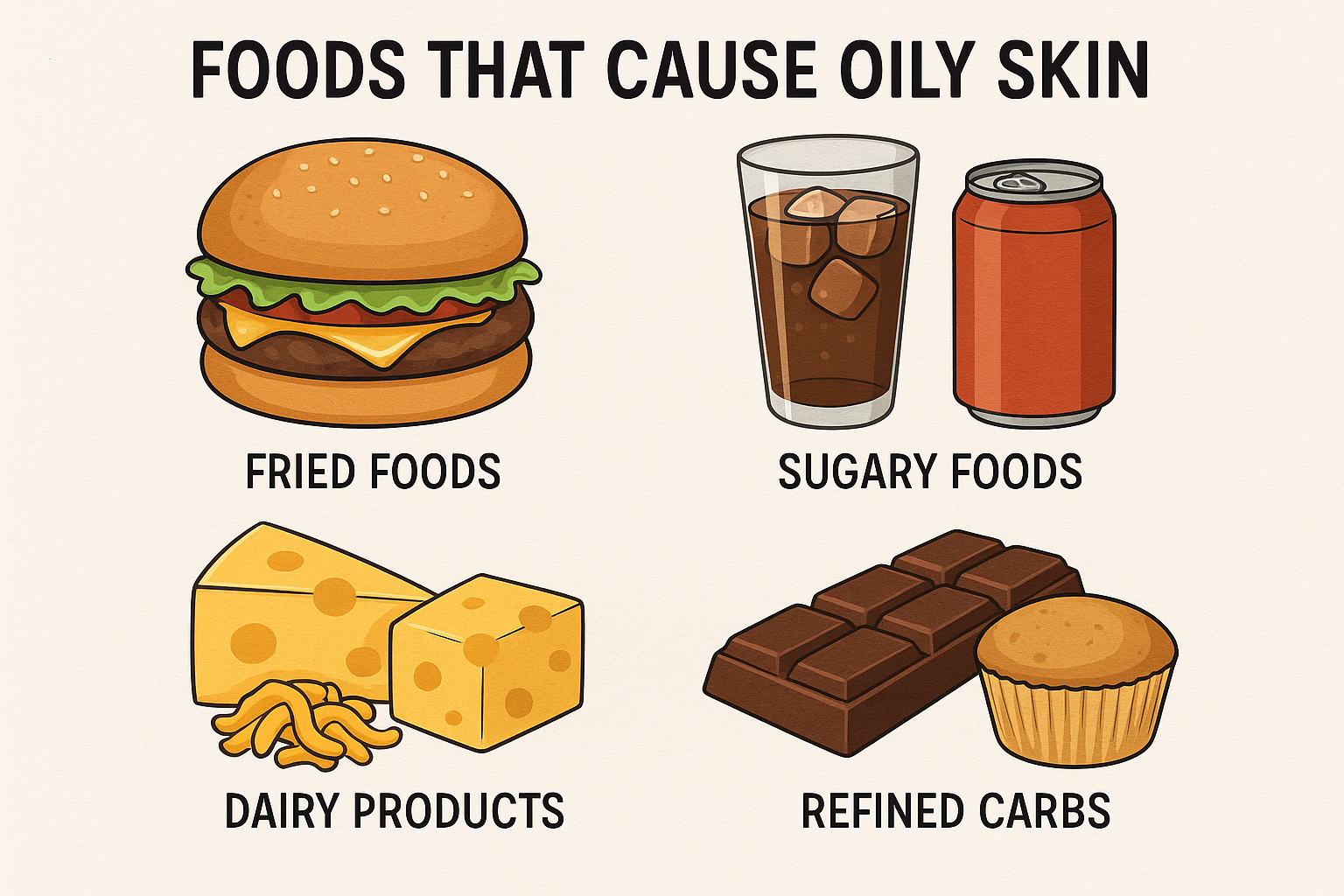
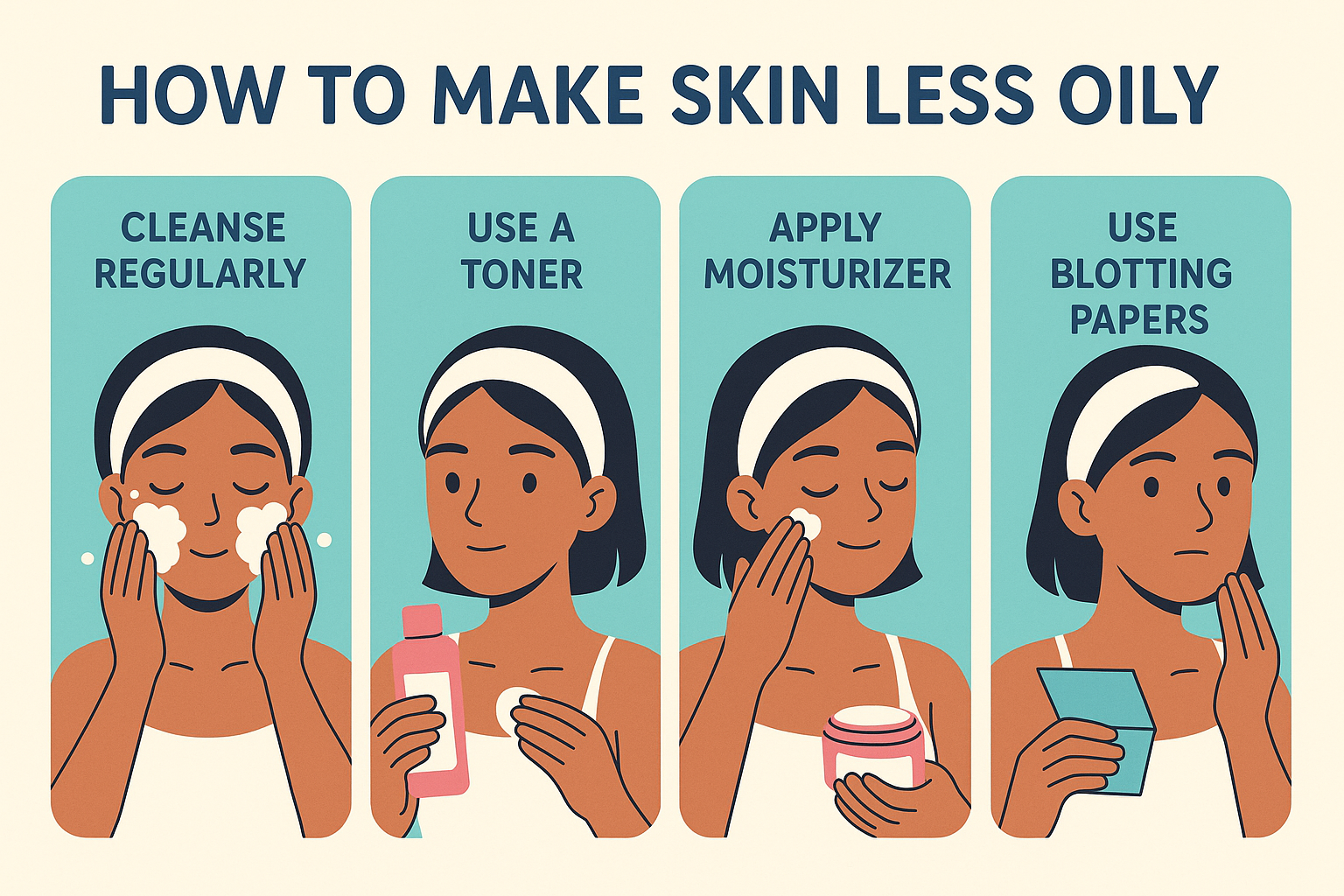
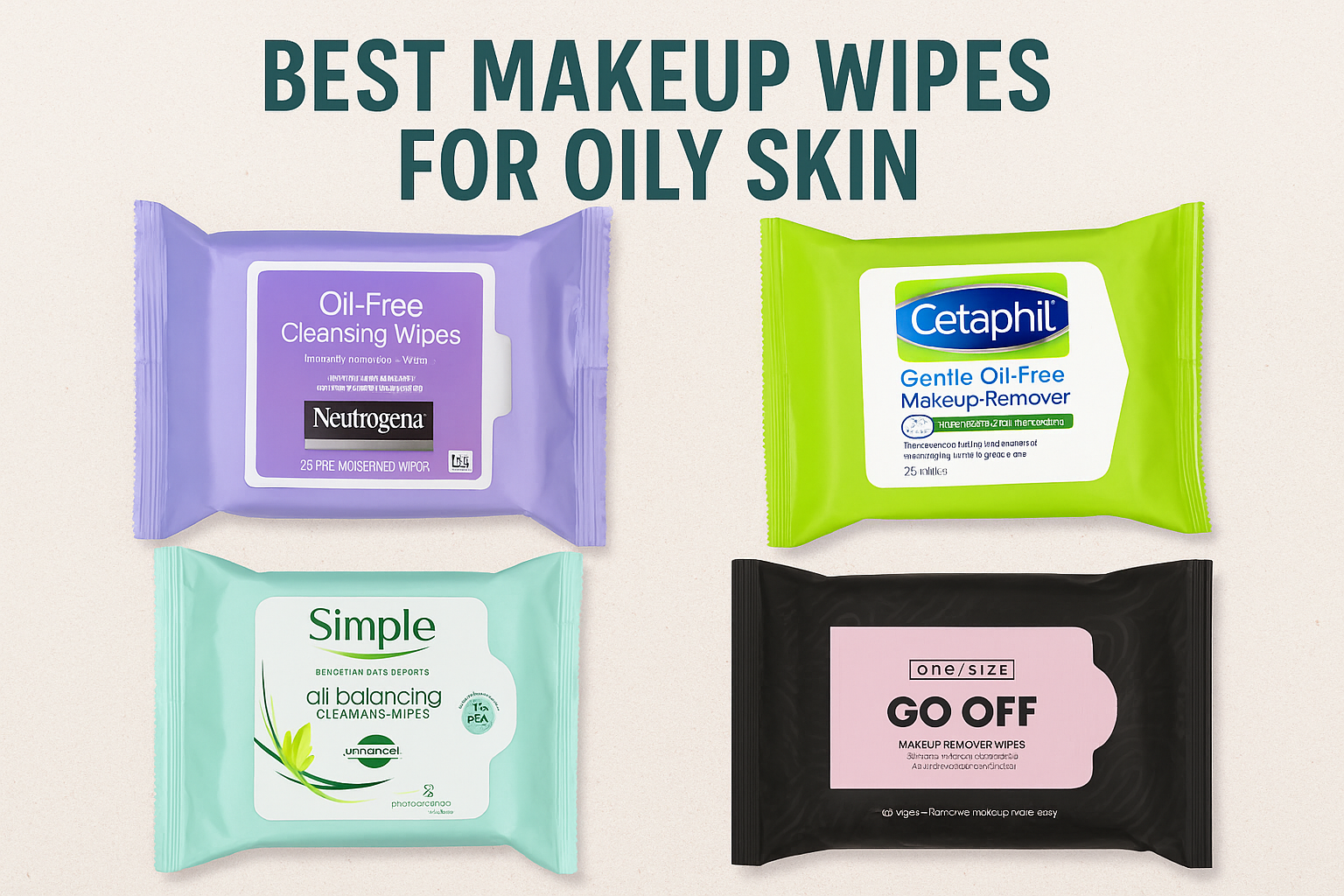
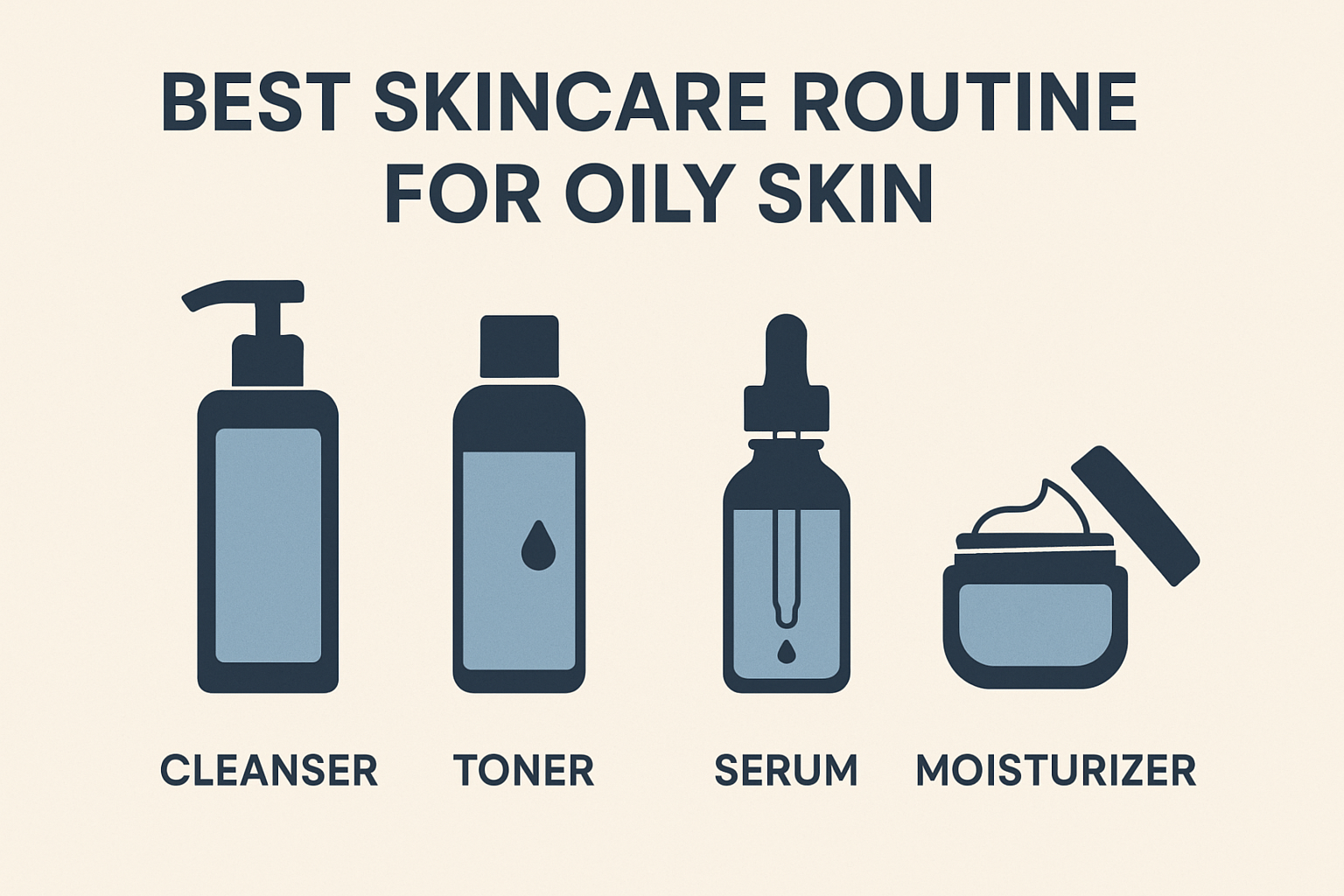
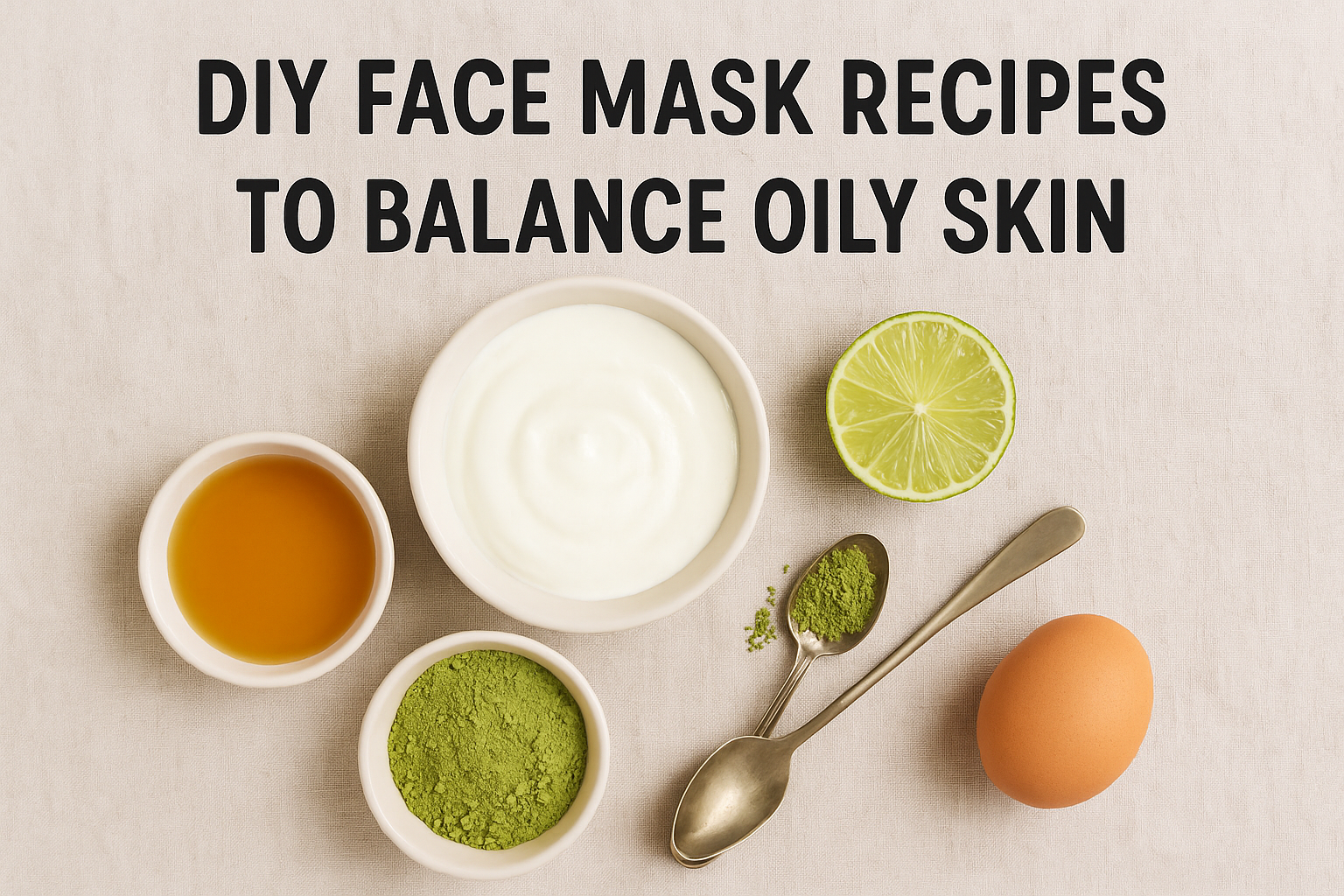
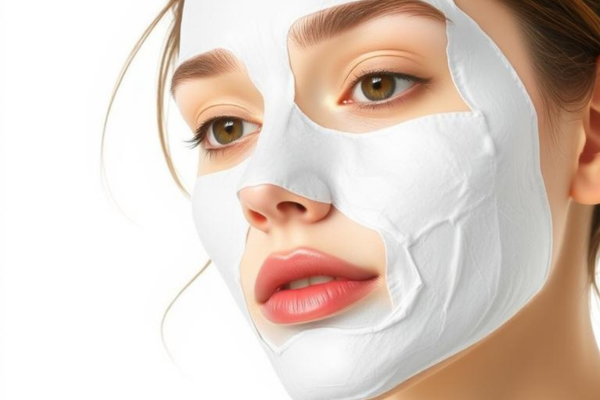
 Acne
Acne Anti-Aging
Anti-Aging Business
Business Digital Marketing
Digital Marketing Economics
Economics Exfoliation
Exfoliation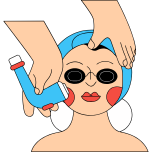 Hair Removal
Hair Removal Movies
Movies Personal Finance
Personal Finance Websites
Websites
